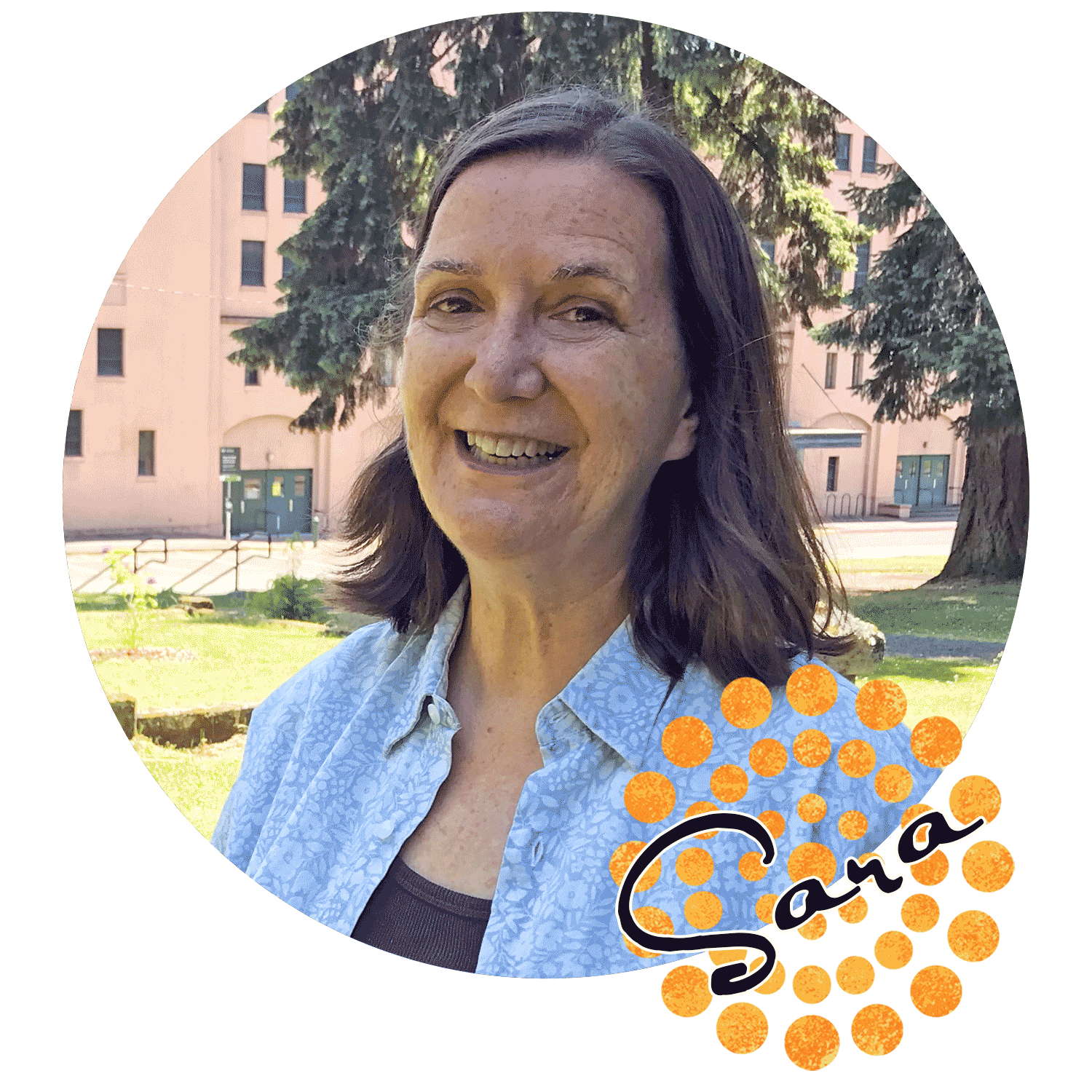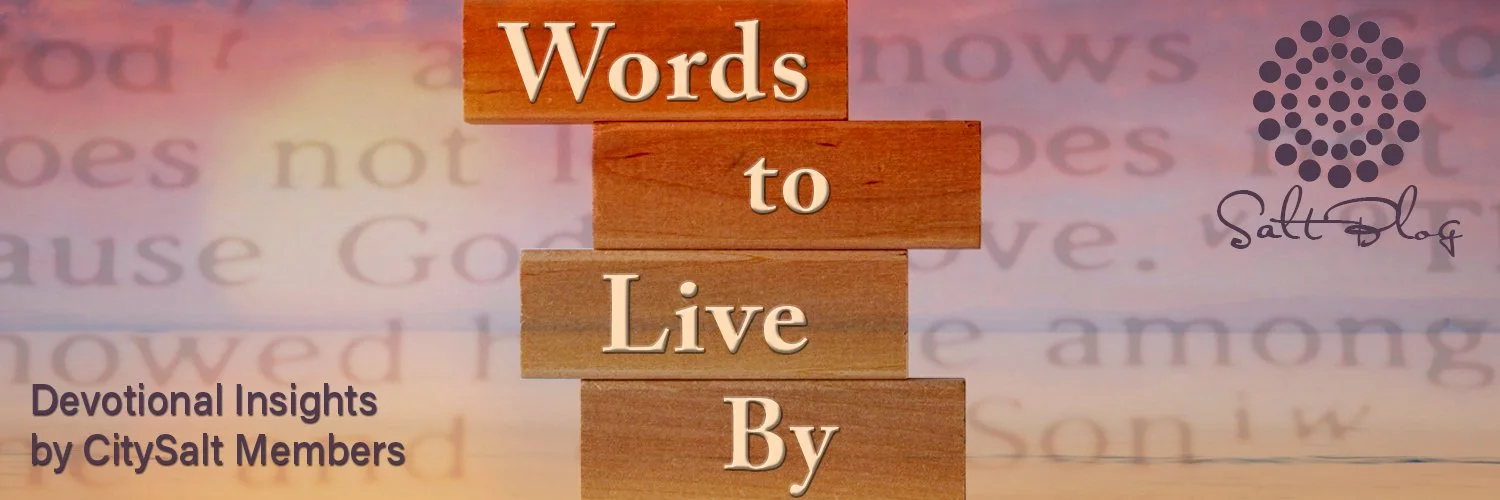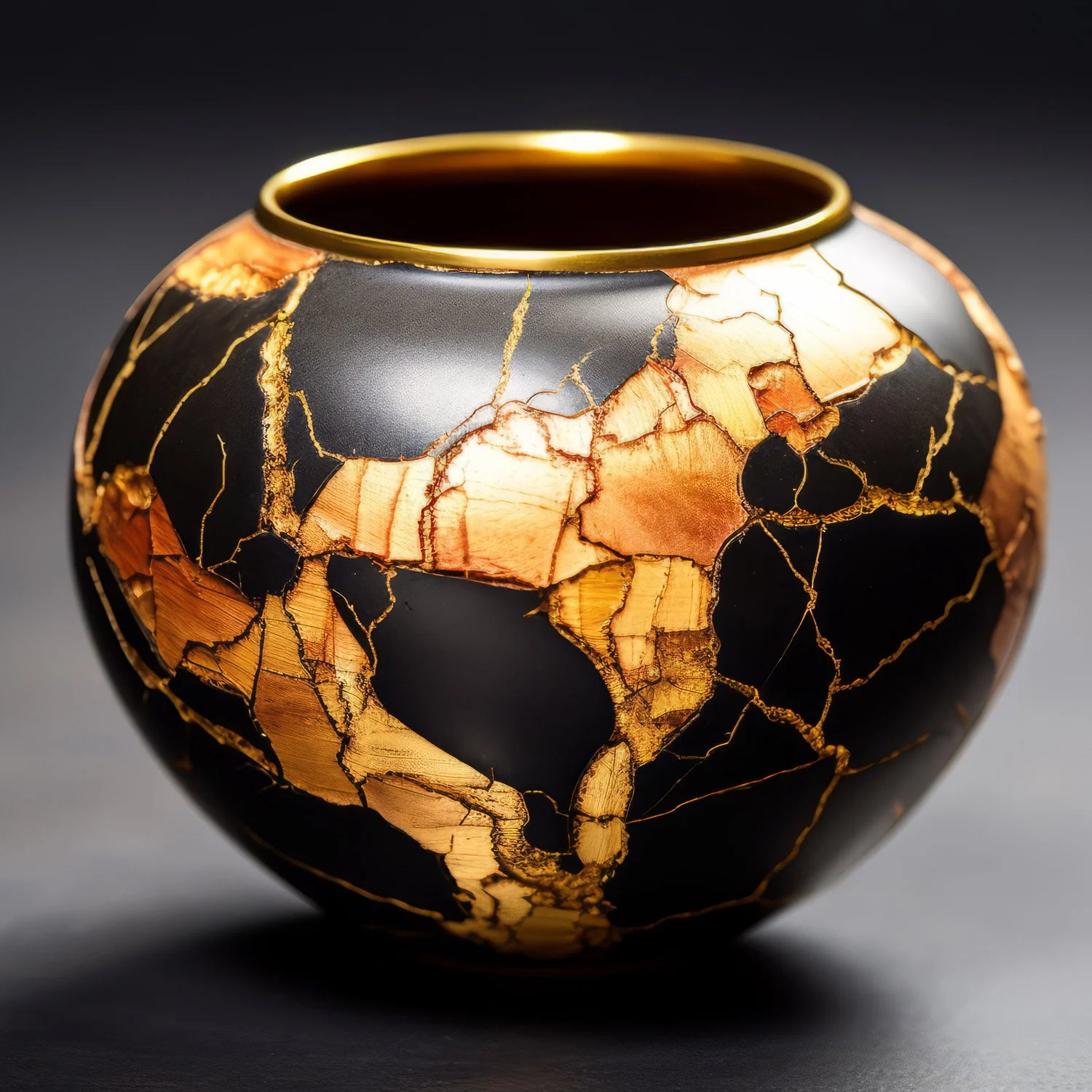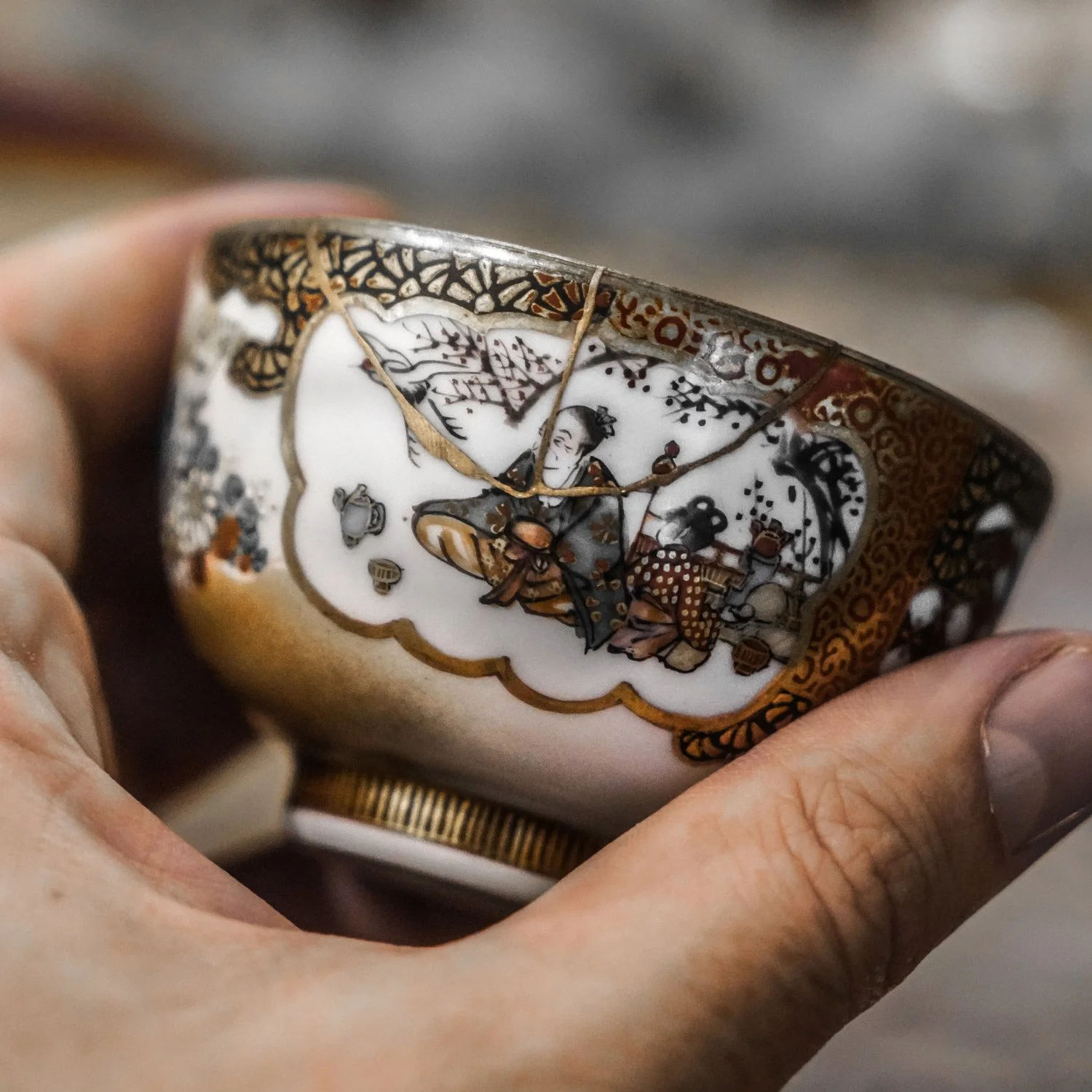[I suppose I should indicate a SPOILER ALERT for the film The Man Who Invented Christmas (2017) but it is centered around A Christmas Carol, written 182 years ago. I’m pretty sure everyone has seen or read it by now.]
The word “Dickensian” is often used to describe squalid and unfair working or living conditions, unreasonable bosses and landlords offering little pay and high prices. This very accurately describes the world in which author Charles Dickens lived. But Dickens himself wanted something different.
It may be easy to ask “who wouldn’t want to change such a terrible world for the better?” Unfortunately, the people who would resist such changes are all too real and every form of Want and Ignorance extends from their greed.
The 2017 film The Man Who Invented Christmas shows a conflicted Charles Dickens as he begins to develop his famous story A Christmas Carol. We see a man who is at once a defender of the poor and downtrodden, and yet he greets his own freeloading father with frustration and a lack of empathy. One after another, we see Charles encounter examples of stinginess, arrogance, apathy, and exploitation of the poor. These inevitably manifest in the creation of a character named Ebeneezer Scrooge.
Scrooge is Greed incarnate. A lover of darkness as it is cheap and, by extension, a promoter of death as it means less mouths to feed, less bills to pay. Dickens wanted to change this world. But that would involve changing a person like Scrooge. Was this even possible?
This question begged an answer when the figment of Charles’ imagination, representing the ghost of Marley with his many weights and chains forged in life selfishly spent, asks him “Do you ever wonder at the lengths of chain you yourself have forged?”
“Me?” Asks Dickens, taken aback.
“YOU!” Repeats Marley with grave emphasis.
Suddenly Dickens, as depicted in this film, is faced with the revelation that he has more in common with his infamous character than anyone he has yet met. While it may be easy to cast off those we do not know, or even defend those with whom we are not familiar, how often do we shun those closely related for some petty reason not even worthy of indignation, whether righteous or otherwise? Even now as I write these words I feel my heart harden against those who have offended me, people who deserve my pity, people who want love as much as I do.
Charles wrestles with this question through much of the film, all the while tormented by the imaginary Scrooge. With every poignant and cutting remark it becomes obvious Charles hates himself even more than he hates Scrooge. Scrooge is expected to be all these terrible things. That’s the reason he exists, isn’t it? But Charles, on the other hand, knows his own convictions. He knows for what he champions. How? How can these two forces exist in the same person? He is far worse off than Scrooge! He is a hypocrite!
Just like me. Just like everyone on this whole planet. We don't do what we want to do, and the thing we do not want to do, that is what we do. Perhaps you don’t celebrate Christmas. Perhaps you celebrate Chanukka, or Kwanza, or Diwali, or just Arbor Day. Whatever you believe and celebrate, I believe all of us can celebrate this: We must love our neighbor as we love ourselves. This is a thing not always so easy as we’d like it to be.
Looking out for number one might feel like loving one’s self. But as the ghost of Marley explained, his chains were wrought from his greed and selfishness. Dickens was spiraling. The weight of his own chains surmounting with every heartless act toward his father, toward his wife, toward the staff of his house. What he did to others, he was doing to himself. There seemed to be no way out.
In his depression and his despair, Charles visits the abandoned boot black factory where he once spent three dreadful years of his childhood, while his father, mother, and siblings whiled away in debtor’s prison, a result of his father’s foolish spending. History shows the place to have been torn down by the time of Charles’ adult life but for the sake of this film, an apt setting is provided. He is alone, save for the constant nagging presence of Scrooge. The similarities between them, now unmistakable. Charles sees the place for what it is in his mind: a grave yard; the place where his childhood died, where his faith in his father and mother died, where his faith in humanity died. Scrooge will never change. There is no hope for him. There is no hope for Charles. There is no hope for this world. The only fitting thing left was death.
Scrooge, now imagined standing in the deep grave as the walls gradually close in on him, looks up at Charles with pleading eyes.
“Please…” says Scrooge. “I don’t want to die like this…alone, unloved, forgotten.
“It’s too late”, says Charles, seemingly now to take the place of the iconic grim visaged specter.
“Never too late! Oh, never too late. Please! I’ll change!”
The walls continue to close in on Scrooge. He implores to Charles…
“I will honour Christmas in my heart, and try to keep it all the year. I will live in the Past, the Present and the Future. I will not shut out the lessons that they teach. Give me another chance, I beg you. Let me do some good before I die.”
Ebeneezer Scrooge, the embodiment of so many worldly evils, a seemingly unreachable monster, had changed! The burdensome restrictive chains with which we inhibit ourselves? By God, THEY CAN BE BROKEN!
THAT is the love afforded to each and every one of us and with that freedom finally we are unburdened in forwarding this same love to our neighbors!
In the film we see Dickens invite his father back into his home. He reconciles with the maid he sent away in anger. And naturally, as you may have guessed, he finally realizes an ending for his book.
In 1843, the celebration of Christmas was waning. The traditions that revolved around the holiday were vague and as yet unrefined. Thanks to Queen Victoria and her husband Albert, the Christmas Tree was gaining in popularity but that was about it.
Dickens had come out of two literary flops by 1843. Money was tight. The idea of a Christmas novel seemed almost absurd considering Christmas was not in high regard. Not only that, there wasn’t much time left in the year to write and publish an entire novel.
It’s true Dickens was increasingly concerned for the welfare of children and the exploitation of the poor. The aristocracy of the time were often utterly calloused. Dickens’ indignation on behalf of the oppressed is no surprise when we understand the traumatic transpirations of his own childhood. With his book he sought to strike at the heart of Greed that plagued the world.
A Christmas Carol, miraculously written and published in only six weeks, would be wildly popular and would undeniably shape many Christmas traditions which are observed to this very day almost 200 years later, not the least of which is the general spirit of goodwill toward each other.
Not only did Dickens’ book put Christmas indelibly on the calendar, charitable giving began to swell every year from then on. Dickens had shown the world what happens when one person chooses to renounce their greed and instead love their neighbor no matter their station. Now the world was changing to match his vision. His books, lectures, and petitions would even lead to reforms in the judicial system and child labor laws. Dickens learned the lessons of his Past, took action in his Present, and changed what was once a bleak Future.
Dickens was just a man and certainly made other mistakes later in life. The contradiction of his public campaigns for children’s rights compared to the conduct of his personal life continued to be a constant struggle for him. I believe his struggles are evidence of the factions that war on in all of us. And it seems even in death he endeavored to do some good. Dickens’ last will and testament supplied ample provisions for family and friends alike, even those from whom he had become estranged.
While many think of harsh times when hearing the word “Dickensian”, I think of Redemption, Reconciliation, Forgiveness, and the eradication of Greed.
I can think of nothing our own present and future needs more than these.
God bless us, everyone.
Merry Christmas.

















